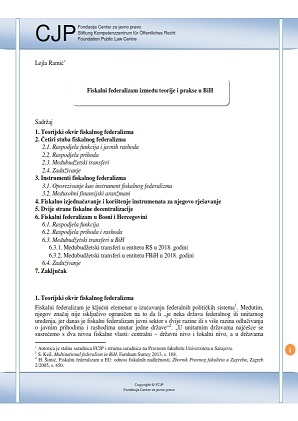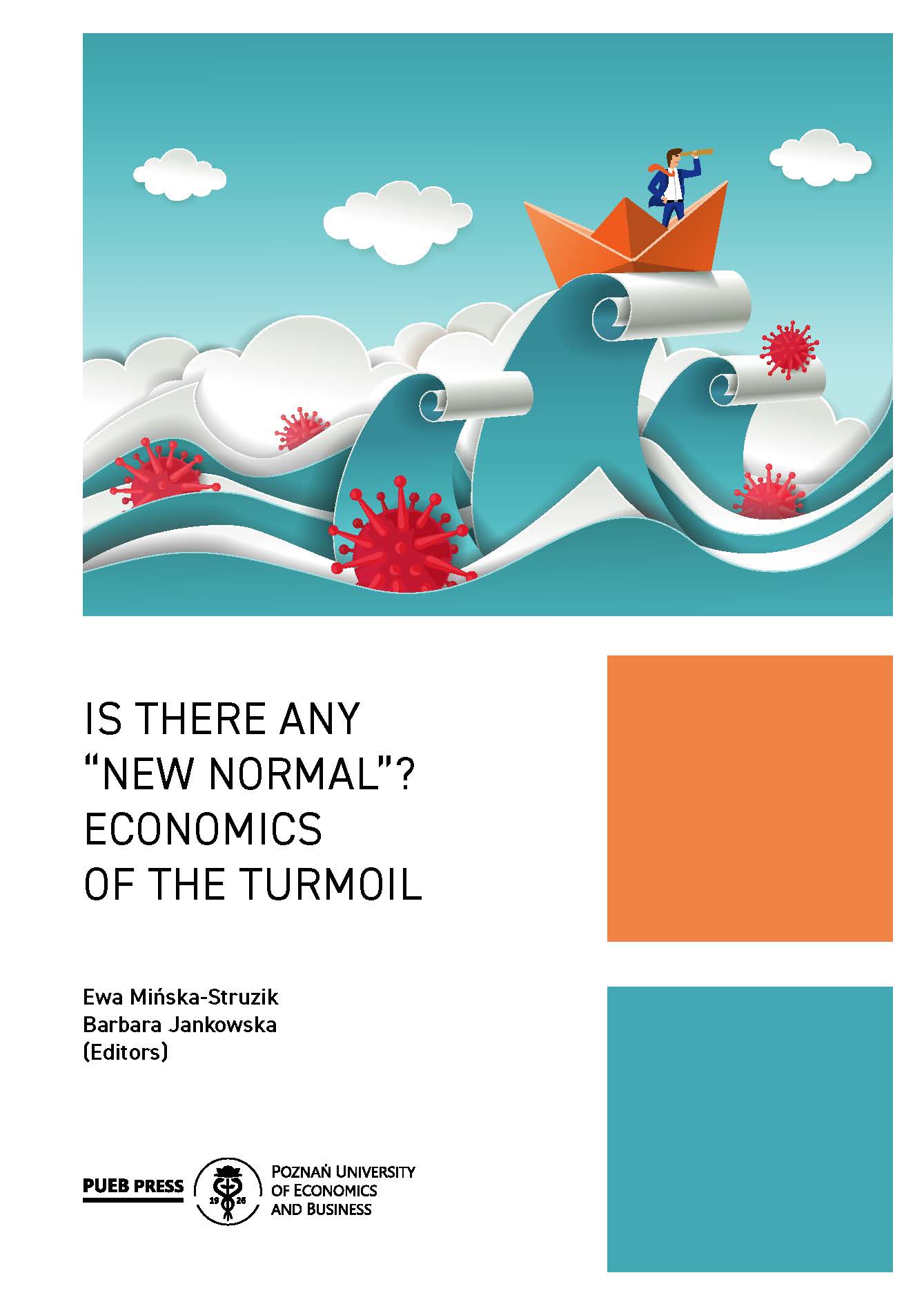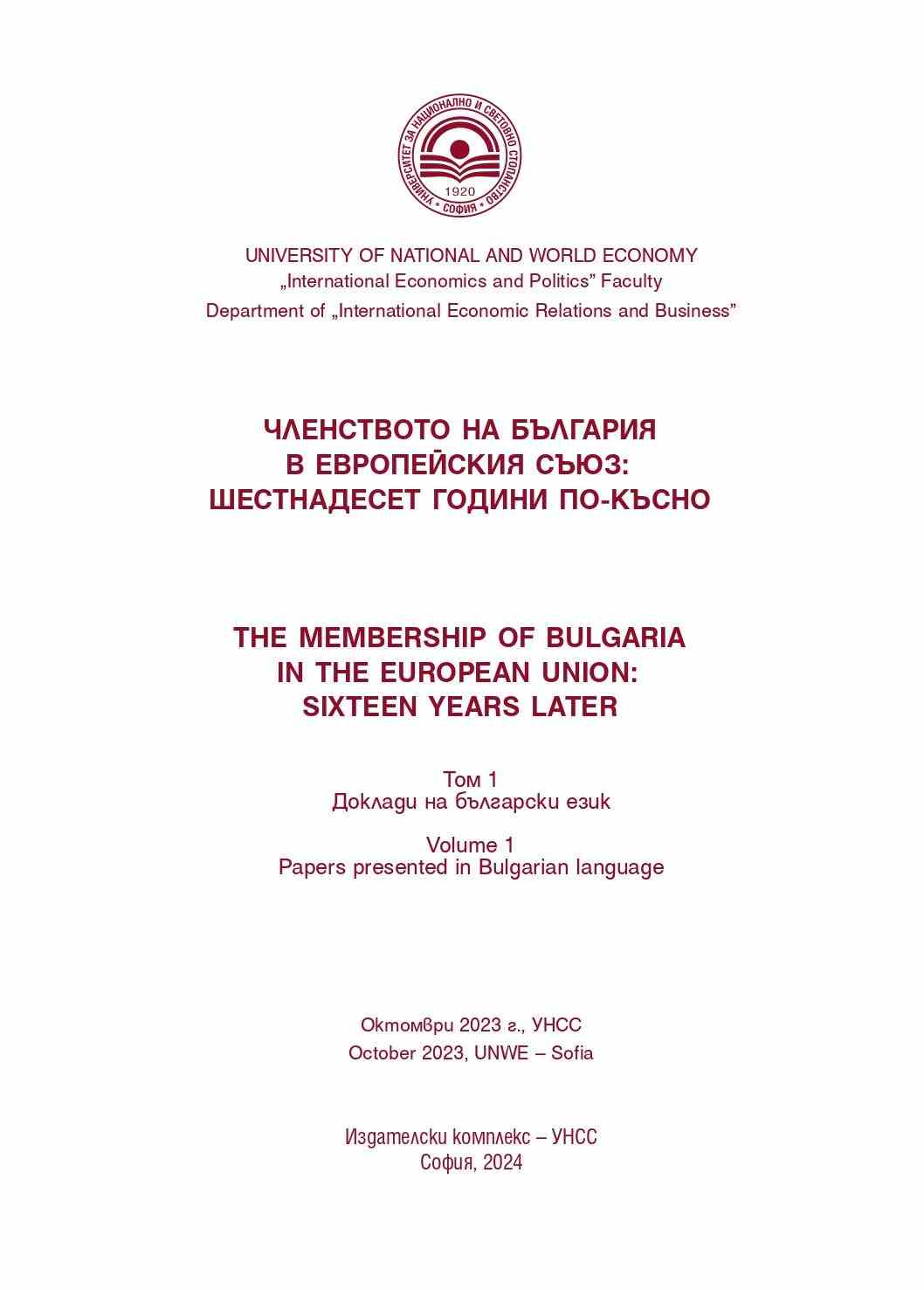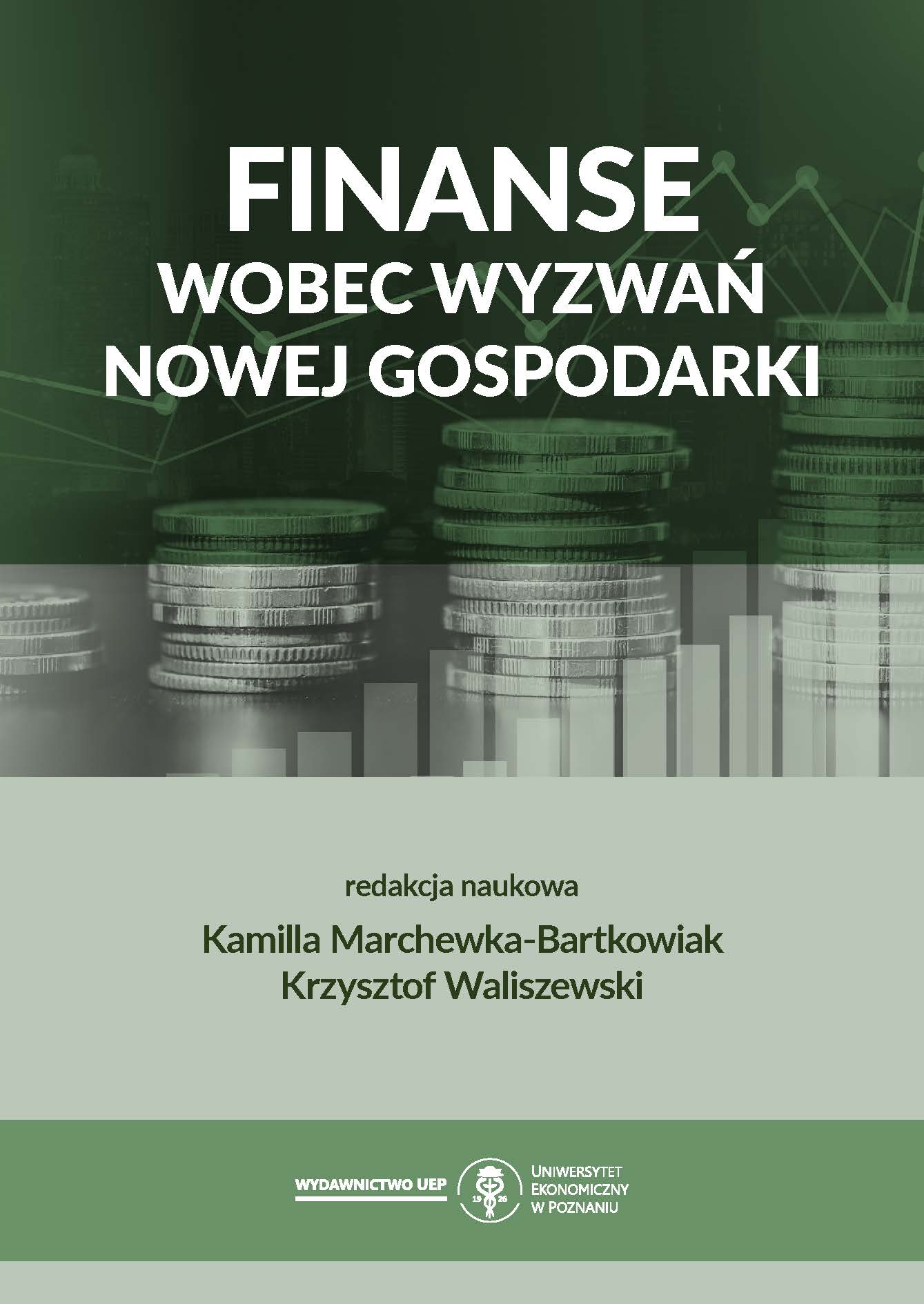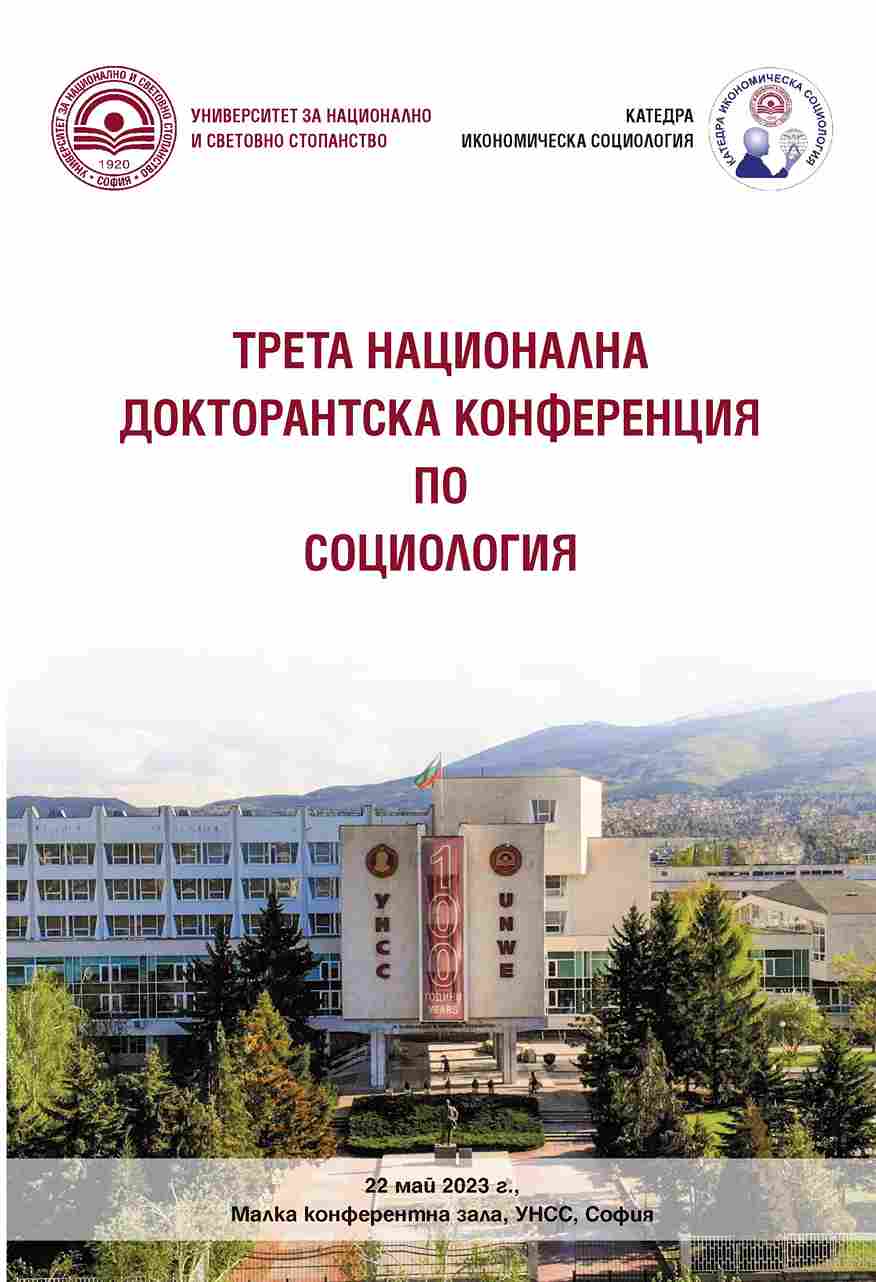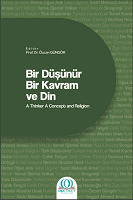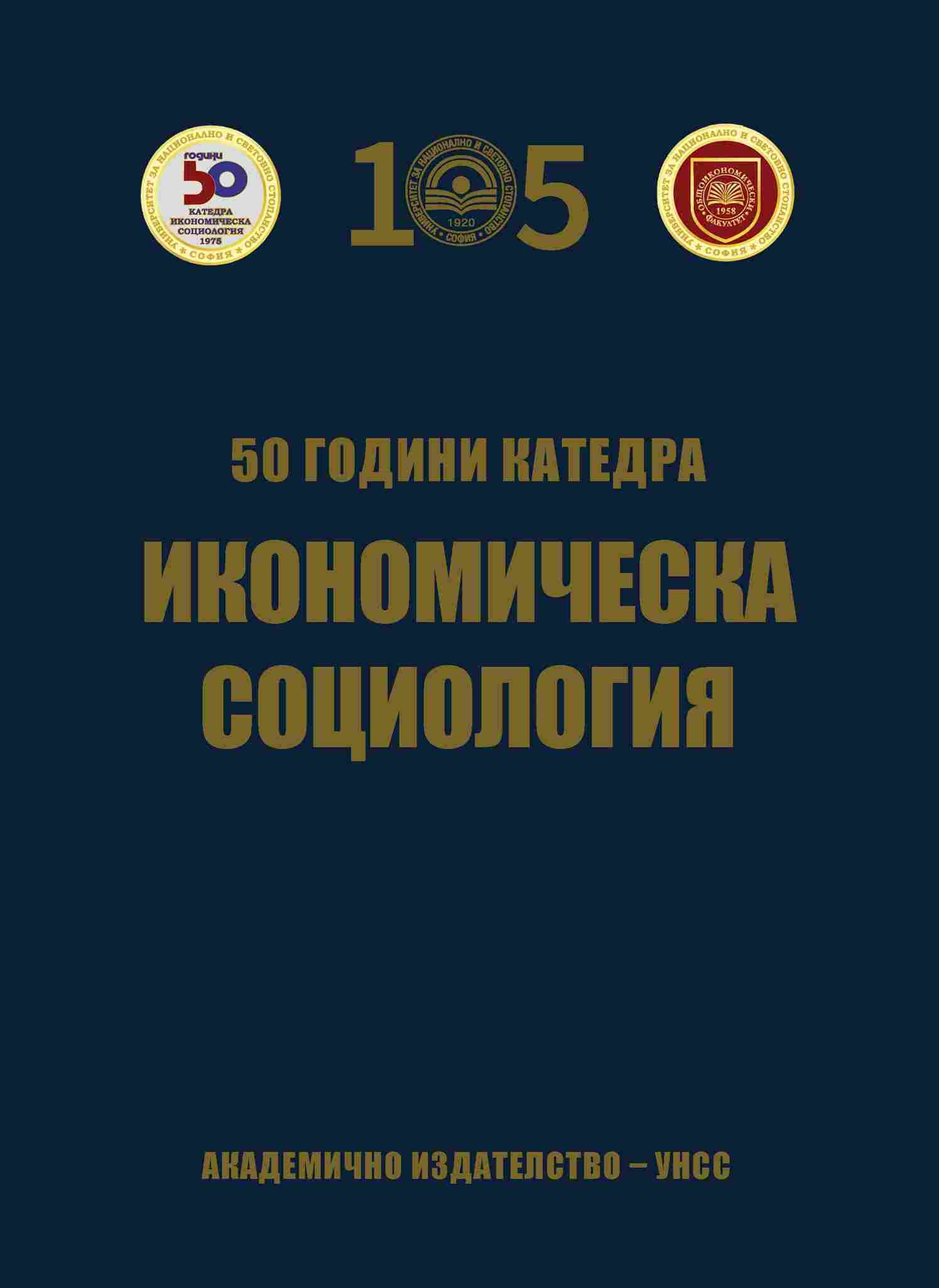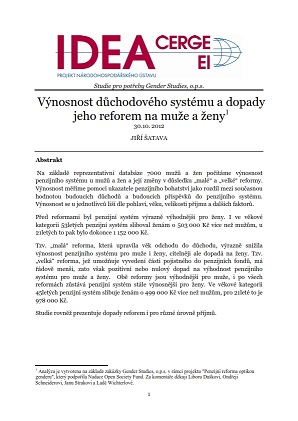
Výnosnost důchodového systému a dopady jeho reforem na muže a ženy
Na základě reprezentativní databáze 7000 mužů a žen počítáme výnosnost penzijního systému u mužů a žen a její změny v důsledku „malé“ a „velké“ reformy. Výnosnost měříme pomocí ukazatele penzijního bohatství jako rozdíl mezi současnou hodnotou budoucích důchodů a budoucích příspěvků do penzijního systému. Výnosnost se u jednotlivců liší dle pohlaví, věku, velikosti příjmu a dalších faktorů. Před reformami byl penzijní systém výrazně výhodnější pro ženy. I ve věkové kategorii 53letých penzijní systém sliboval ženám o 503 000 Kč více než mužům, u 21letých to pak bylo dokonce 1 152 000 Kč. Tzv. „malá“ reforma, která upravila věk odchodu do důchodu, výrazně snížila výnosnost penzijního systému pro muže i ženy, citelněji ale dopadá na ženy. Tzv. „velká“ reforma, jež umožňuje vyvedení části pojistného do penzijních fondů, má řádově menší, zato však pozitivní nebo nulový dopad na výhodnost penzijního systému pro muže a ženy. Obě reformy jsou výhodnější pro muže, i po všech reformách zůstává penzijní systém stále výnosnější pro ženy. Ve věkové kategorii 45letých penzijní systém slibuje ženám o 499 000 Kč více než mužům, pro 21leté to je 978 000 Kč. Studie rovně ž prezentuje dopady reforem i pro různé úrovně příjmů.
More...
